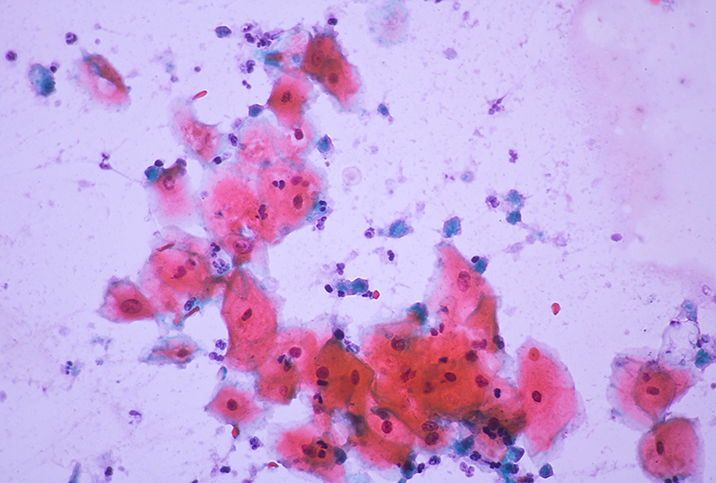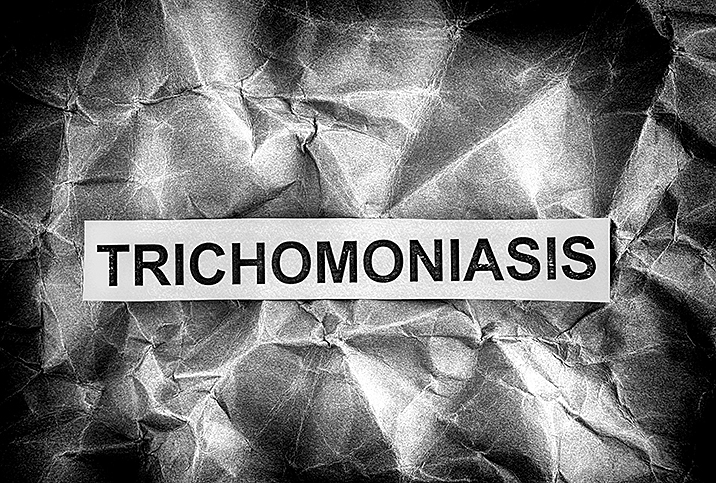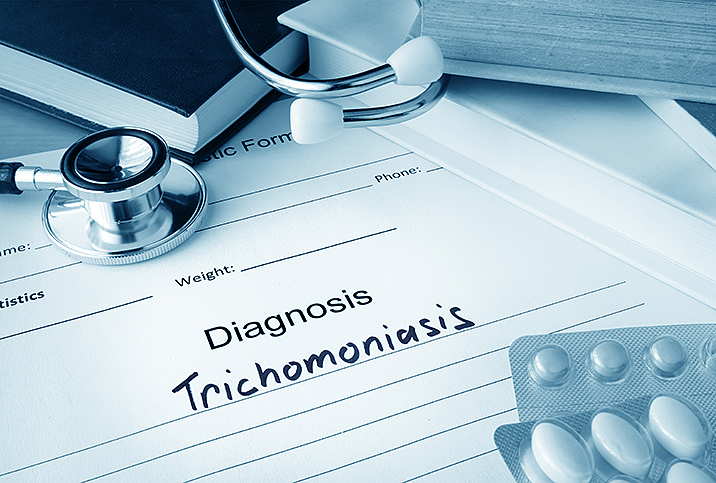How Can Trichomoniasis Affect Pregnancy?

Pregnancy is filled with possible health risks for both pregnant people and their babies. In addition to genetic conditions, a variety of possible infections can negatively affect the development of the child and complicate the delivery process. To avoid complications during pregnancy, women should undergo frequent testing, including screening for trichomoniasis.
What is trichomoniasis?
Trichomoniasis, or "trich," is a sexually transmitted disease (STD) passed by skin-to-skin contact. Unlike other STDs prevented by condoms, this infection is parasitic, so any long-term skin-to-skin contact can allow the microscopic parasite to pass from one person to another. The symptoms of this infection are often overlooked, which increases the chances of transmission and misdiagnosis.
This infection is considered one of the most common STDs because the only way to prevent the spread is to avoid sexual contact of any kind and to receive treatment once diagnosed. Women and men in their early 20s were once thought to be the most susceptible to trichomoniasis. However, it's now known that women in their 40s have one of the highest rates of positive testing, believed to be the result of a generation gap in STD education that has left older women suffering in silence.
The symptoms of trichomoniasis
Symptoms of trichomoniasis are often subtle, and most patients report no symptoms at all. Many people are infected for months or years and never know it. When symptoms do show, they are often mild and misdiagnosed as chronic yeast infections, urinary tract infections (UTIs) or other infections.
These symptoms include redness or irritation around the genitals, pain during sex and discharge from the penis or vagina. A laboratory test is the only way to accurately diagnose trichomoniasis. Fortunately, the treatment for it is fairly simple and effective, but pregnant women should be aware of the risks this infection can cause for their baby.
How trichomoniasis affects pregnancy
Trich can cause premature labor and low birth weight, which is associated with many childhood health complications, including lower IQ. Trich can also possibly cause premature rupture of the membranes.
Testing for trichomoniasis involves taking a sample of vaginal fluid and sending it to a laboratory to screen for the presence of the parasite.
Once diagnosed, a single dose of antibiotics can treat the infection. The main concern in treating pregnant women is choosing an antibiotic that will eliminate the infection without harming the baby and causing complications to the pregnancy. Metronidazole is the most effective and widely used antibiotic for trichomoniasis. While metronidazole is generally considered safe after the first trimester, there is some evidence this treatment can cause premature labor. Another common antibiotic used to treat pregnant women is tinidazole.
The pregnant woman's partner also should be treated at the same time, and the couple should avoid sex until a test of cure can be done at least one to two weeks after treatment.
After successful trichomoniasis treatment, there is no risk to the pregnancy or the baby. While it is rare, untreated trichomoniasis can be passed on to the baby during delivery. If this should happen, the baby should be treated with antibiotics to eliminate the infection.
Are you at risk for trichomoniasis?
Trichomoniasis is an easily spread STD, and while condoms can help reduce risk, any prolonged skin-to-skin contact can spread the infection. Women and men are equally at risk of transmission, but women show higher rates of positive testing.
Having multiple partners or frequent unprotected sex can increase your risk of transmission. Many people with trich are asymptomatic, so it is possible to be diagnosed with it in a monogamous relationship because your partner may unknowingly have it.
The symptoms of trichomoniasis can come and go, so if you suspect you have it, get tested as soon as possible, as early treatment can reduce the risk of complications. While the long-term health impacts are unclear, there is evidence to suggest untreated trichomoniasis can cause pelvic inflammatory disease (PID), which can impact fertility and increase your risk of developing cervical cancer later in life.
Get testing and treatment for trichomoniasis
If you have any of the symptoms of trichomoniasis, testing is simple and treatment is effective. There is no reason to suffer in silence. Many people avoid testing because of the misconceptions of this highly contagious infection. However, if you are pregnant or plan to have children, it's important to get tested because trichomoniasis can negatively affect your pregnancy.

















